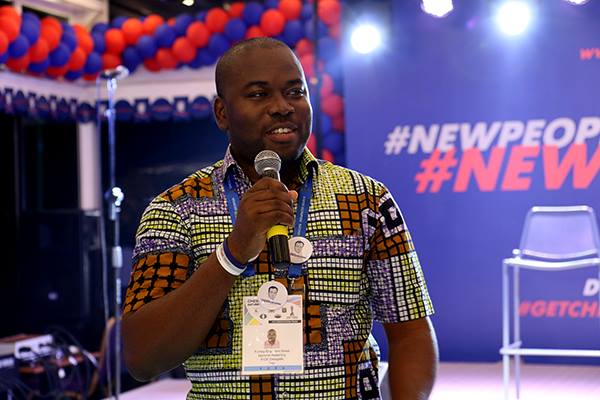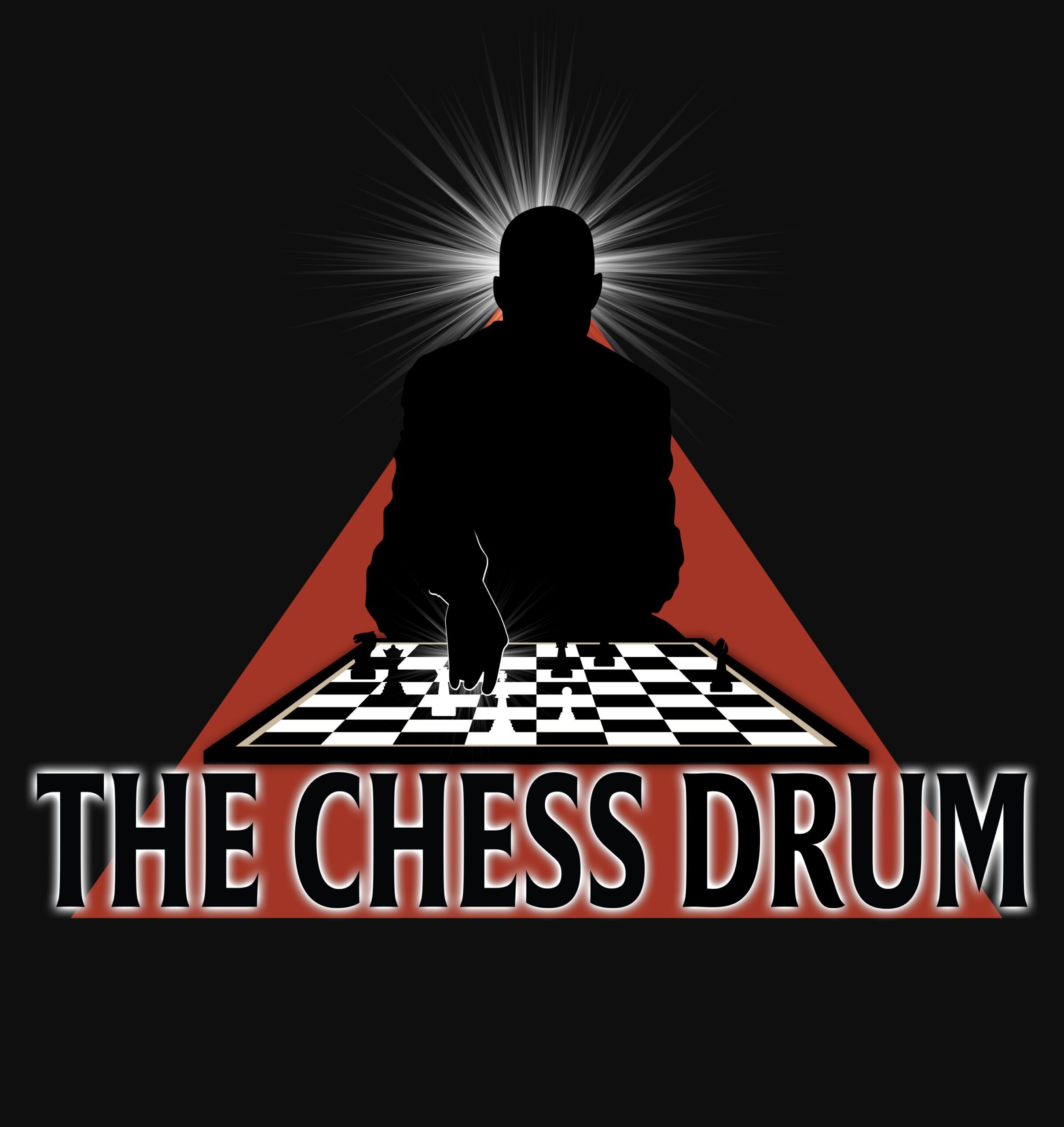FIDE Election tickets certified, African ticket out
The FIDE Electoral Commission released its report in certifying the tickets for the August 7th election. Five tickets were submitted and four were certified. The only ticket that was disqualified was Enyonam Sewa Fumey of Togo who failed to secure European support. Four European-led tickets qualified and the lone African ticket did not receive a European endorsement. Below is the announcement of the FIDE Electoral Commission:
The ticket of Mr. Enyonam Sewa Fumey and Mr. Stuart Fancy is endorsed by the
nominations of the following Member Federations: Togo (Africa), Haiti (America),
Papua New Guinea (Asia), Egypt (Africa), Senegal (Africa), Burkina Faso (Africa).
Unfortunately, this candidacy has not been endorsed by any Member Federation of the European Continent, therefore, in accordance with art. 21.7 of the Electoral Rules, it cannot be considered as valid and is rejected.
(full statement here)
The rule referred to at Article 21.7 states that “Each ticket must be endorsed by nominations from at least five Member Federations, among them at least one from each of the four FIDE Continents, but by no more than eight Member Federations in total. Each Member Federation is entitled to endorse only one Presidential ticket.” The four FIDE regions are Africa, Asia, Americas, and Europe. The deadline to receive these endorsements was June 9th.
Chess: A European Domain?
Fumey lobbied to get Europe’s endorsement even enlisting the help of opponents. Not a single European federation endorsed the African candidate. The Togolese chess official went on the attack as he posed the question, “When Will Chess Become Global?”Chess4All- All4Chess + FIDE4all-All4FIDE #chess #echecs @FIDE_chess pic.twitter.com/fS9kRZdIH1
— Fumey Enyonam Sewa (@noelfumey) June 6, 2022

Enyonam Sewa Noël Fumey
In the past, there have been so many complaints by Europeans that the African continent has an amount of voting power that is not commensurate with their footprint on the global chess map. In addition, there is a common claim that voting is often abused through many payouts and bribes. However, one may argue that the light must be shone on those who are offering the bribes as well.
In fact, Arkady Dvorkovich had to fight charges that he had offered tickets to African delegates to the 2018 World Cup in Moscow in exchange for endorsements. Fumey’s name was also mentioned as one whose support Dvorkovich enlisted. There is this ongoing discussion for changing the voting structure so that more influential nations receive more of the weight. At current, African nations represent more than 25% of the electorate with 50 member nations.
Electoral Commission announces it has approved these valid Presidential ticket candidacies:
— International Chess Federation (@FIDE_chess) June 9, 2022
– Mr. Andrii Baryshpolets & Mr. Peter-Heine Nielsen;
– Mr. Inalbek Cheripov & Mr. Lewis Ncube;
– Mr. Arkady Dvorkovich & Mr. Anand Viswanathan;
– Mr. Bachar Kouatly & Mr. Ian Wilkinson. pic.twitter.com/XAcp5atIfJ
Why the snub?
After the FIDE Electoral Commission made its report available, African online groups were disappointed at the missed opportunity to have one of its sons vie for the highest office in chess. Of course, the African vote is not always consolidated so it would be wrong to believe all African federations would’ve have supported the African ticket merely because a Togolese was at the head. Perhaps, European federations wanted to prevent Fumey from having the “home-field advantage” to reinforce his platform to 50 would-be voters.
There is another possibility on the European snub. A couple of weeks ago, we ran an op-ed piece about geopolitical diversity in chess. In this piece, we referenced the fact that Europeans (in general) feel that chess is a “European sport” despite its Indian origins. The region takes pride in being the center of professional chess with most of the high-profile tournaments being held in Europe. The influence of the region is undeniable, so it is with this in mind that they desire to be the center of decision-making of the FIDE body. This is a logical thought and may have played a role in the European-led tickets going through.
From a strategic standpoint, Europe will justify the decision in multiple ways. They could simply say that Fumey is a relative newcomer to FIDE politics and perhaps not prepared for such an immense role as world leader and chief fundraiser. They may try to use his resignation as the General Secretary (under Dvorkovich) as a rationale. Perhaps some could simply feel that the idea of an African leader of FIDE may be too much of a risk to the global brand. In the end, Europe not providing an endorsement to Fumey raises serious questions about inclusivity.
A Dark Horse Rises!
French Grandmaster Bachar Kouatly has tabbed Ian Wilkinson of Jamaica as his deputy in what was a rather late entry and thus a “dark horse” candidate. Nevertheless, they secured all the endorsements. Wilkinson is a charismatic figure in the Caribbean, one of the region’s top lawyer and member of the Queen’s Counsel. Wilkinson was part of the Kasparov ticket in 2014 election to unseat Kirsan Ilyumzhinov.
Photo by Daaim Shabazz/The Chess Drum
Perhaps Wilkinson’s strength will help to make the ticket a serious threat as he carries a wide swath of influence and has held positions on the FIDE Ethics Council where he has heard some high-profile cases. Kouatly’s experience as a long-standing FIDE politician will come in handy and will harken back to the days where he ran unsuccessfully against incumbent FIDE resident Florencio Campomanes in 1994. He ultimately served as a deputy under Kirsan Ilyumzhinov.
In other campaigns (reported here), Andrii Barsyhpolets has Peter-Heine Nielsen who has been very active in social media discussing the chess political landscape. Barsyhpolets has actually advocated changing the voting parity in FIDE to suit more influential members. Despite both being Grandmasters, they will have a tough time convincing the majority of chess nations to do this. Movie maker Inal Sheripov teams with Zambia’s Lewis Ncube to provide the elections with an African presence. Ncube, a long-time FIDE politician will vacate his Presidency of African Chess Conferation (ACC).
The Lesson
FIDE has become more global (with 190+ federations), no question about it. However, we must not look at smaller federations as pawns to be bullied around. Fumey’s question of when chess will become a global sport is an interesting one. The deeper question is “when will chess make decision-making authority more global?” For the next four years, chess will remain in European sphere, but 2026 could be a different era. Perhaps we will see an Asian, an African, or someone from the American hemisphere to run for the highest office. Chess is becoming more global and so should the decision-making. GENS UNA SUMUS!


